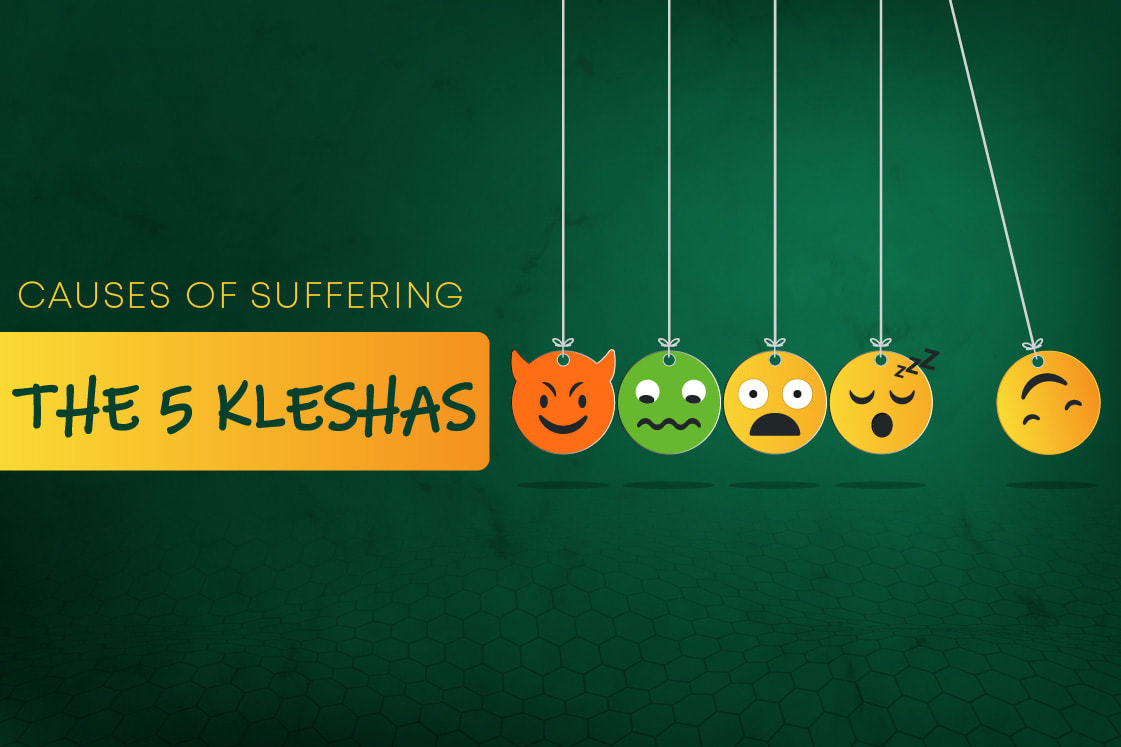|
Written by Abbe Ciulla Owner of Troy City Yoga, Wonderland Yoga and The Solar Flow Yoga School It was about 10 years ago that I decided to learn handstand. Admittedly, I was seduced by photos of yogis suspended upside down, seeming to defy gravity. I was so hungry for it that I neglected any semblance of form or technique. The goal was to get upside down, I didn't care how I got there or how it looked once I arrived. I was attached to the idea that once I nailed the pose, I would be a bona-fide yogi. And so it went for months. Attachment and egotism dueled it out as my legs went up over and over again with nightmarish form. Eventually, I registered for a Handstand Workshop, mostly to show off my new skill. When the teacher was dolling out the foundational drills and preparatory exercises, I was frustrated and impatient. I already knew how to handstand, I didn't need these. My teacher noticed my impatience right away. He firmly informed me that, although I could get upside-down, my form was sloppy and lacked the refinement necessary for a sustainable handstand practice. He told me that I should return to the foundational preparatory exercises, and rebuild my handstands from the ground up. I was crushed. He could see my frustration and then sat down to talk about the Kleshas. This was a pivotal moment for my yoga journey, it allowed me to uncover the emotional work behind the physical practice... (click below to read more) The Yoga Sutras teach that emotional and mental afflictions, or kleshas, are some of the toughest challenges we face on our journey. They hold us back from progress. No matter how liberated we think we are, most of us harbor ignorance, egotism, desire, aversion and fear, and it doesn’t take much for them to surface on the mat.
On my journey to land handstand, I stumbled on a couple of these afflictions – asmita, or egotism and raga, attachment. I realized, this was not the first time The Five Kleshas Buddhists and yogis alike point to the kleshas, the five poisons or afflictions, as the cause of our suffering and personal roadblocks. These “afflictions” distort our minds and our perceptions affecting how we think, act, and feel. The five main kleshas vary in intensity on our psyche, from being trivial in their effect to utter blindness! The kleshas not only create suffering, but the ancient yogis tell us that they bind us to the endless karmic cycle of birth and rebirth, preventing us from ever achieving enlightenment. The first stage of working with the kleshas is to simply acknowledge them. Reflection promotes self-awareness, self-understanding, and self-knowledge to uncover and see the kleshas and their roots as well as how they create suffering. By simply shining the light of your awareness to these dark places will lesson their powers of suffering. 1. Avidya (ignorance) is the misconception of our true reality. Often our ignorance is not our fault, we simply don't know what we don't know. But sometimes, our ignorance is chosen. We are consciously aware that there is a better way, but we refuse to acknowledge it.2. Asmita (egotism) is the identification of ourselves with our ego. We create a self-image of ourselves that we believe is us, but it is not us. Pride, vanity, arrogance, elitism are all ways that we separate ourselves from knowledge and growth, 3.Raga (attachment) is the attraction for things that bring satisfaction to oneself. Our desire for pleasurable experiences creates mindless actions and blind-sighted vision. When we cannot obtain what we desire, we suffer. When we do obtain what we desire, our feelings of pleasure soon fade and we begin our search for pleasure again, becoming trapped in an endless cycle. 4. Dvesha (avoidance) is the opposite of raga, aversion towards things that produce unpleasant experiences. If we cannot avoid the things we dislike, we suffer. Even thinking about unpleasant experiences produces suffering. But we know that avoiding the things that challenge us to not make them go away. 5. Abhinivesha (fear) is the deepest and most universal klesha, and many translations imply that this Kelsha specifically refers to the fear of death or endings. Personal Reflective Questions
0 Comments
Leave a Reply. |
AuthorWe really like to hear ourselves talk. Archives
July 2024
Categories |
|
Questions about your first class?
Click here. |
FIND USWe are located at:
The Commonwealth Landing 1082 Davol Street Fall River, MA Phone: +1 323 800 8599 (text only) Apple maps is still updating their systems. We recommend putting our actual address into navigation, otherwise they may bring you to our former location. |

 RSS Feed
RSS Feed
